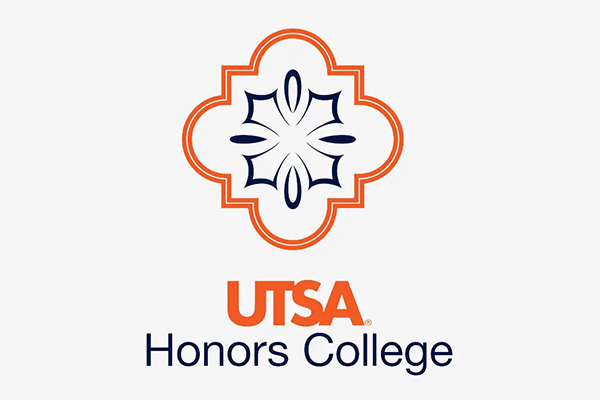Student Referrals
The Office of Nationally Competitive Awards works with students across all colleges and departments on the UTSA Campus. We encourage the UTSA community to make referrals for potential candidates by filling out the student referral form. It is never too early to refer a student to our office, as we engage in long-term student development.
While academic performance in the classroom is one indicator of potential success, other areas may be just as valuable in the awards process. You might refer a student to our office if you notice the following characteristics:
- The student displays noticeable leadership characteristics, engaging in sustained activities that make a change on campus or in the community. Examples include founding a student organization, lobbying for policy change in the community, or
- The student has demonstrated experience as a creator, inventor, or writer.
- The student has engaged in significant research or publishing in their academic field.
- The student has done research, internship, service, or teaching in an abroad setting.
- The student will thrive as part of a cohort engaging in postgraduate study, possibly at an overseas institution.
Refer a student today!
It is never too early to refer a student to our office, as we engage in long-term student development.
Letters of Recommendation
Letters of Recommendation play an integral role in the awards process. They provide review boards expert assessment and evaluation of a students’ knowledge, skills, character, and perhaps most importantly, the ability of a student to carry out a proposed project.
For almost all of the awards to which our students apply, they must write a personal statement and often a research proposal. We require that students provide recommenders with these documents, a recent CV, and other relevant materials, so that a recommender can speak to the specific award.
We also encourage faculty and staff to advise students and work directly with them during the application process, especially regarding feedback to disciplinary questions and topics within areas of scholarship and expertise.
General letter writing advice:
- Discuss the student's compatibility with the award profile and their proposal. Provide specific examples from your interaction with the student that illustrate how the student possesses skills necessary to be successful and thrive in the program environment.
- Discuss how and what the student might gain from participating in the award program and how they might use the platform of the award to make contributions in the future, whether that be in research, service, or elsewhere.
- Provide context about UTSA or your institution, especially in cases where a student’s capacity or achievement in a field is limited by courses offered. Demonstrating how a student has leveraged existing opportunities at the home institution and taken advantage of opportunities elsewhere can be extremely effective to relate in a letter of recommendation.
- Feel free to decline to write on behalf of a student if you do not know the student well enough or cannot speak to their merits. If the letter writer cannot provide a strong endorsement of the candidate, the student is better off asking another person for a letter.
- If the student does not have a strong relationship with the letter writer, the writer may want to meet with the student to discuss the student’s application and how it fits into the student’s future academic and career plans.
- Do not rely on simple statements of character or commonplace expressions that describe the student’s performance in relation to other classmates. Specific examples that illustrate a student’s character or how they excelled in relation to their peers will give a letter more authority and opportunity for a selection panel to discuss or evaluate.
- Feel free to contact us! We are happy to work with faculty and staff to discuss particular awards, the application process, and our advising of a particular student.

Opportunities within the Honors College
The Honors College offers students the opportunity to participate in a number of different programs to further expand knowledge, especially in the realms of professional development, leadership development, and public service. Special programs are fully integrated into the Honors College curriculum, making credit transfer simple and ensuring that students are working toward Honors requirements.

